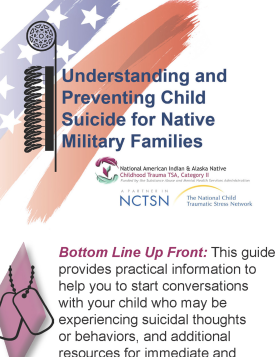
Understanding and Preventing Child Suicide for Native Military Families
Provides practical information to help start conversations with children who may be experiencing suicidal thoughts or behaviors.
The following resources on Culture and Trauma were developed by the NCTSN.

Provides practical information to help start conversations with children who may be experiencing suicidal thoughts or behaviors.
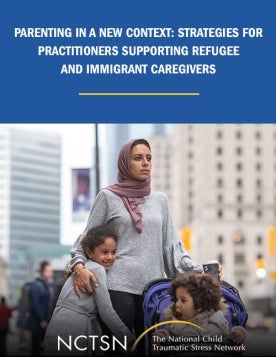
Discusses how practitioners can enhance their skills and raise their standard of care to refugee and immigrant caregivers and families who are adjusting to a new culture and may have experienced potentially traumatic events.
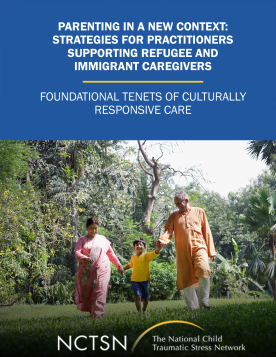
Discusses important topics for providers relevant for working with refugee and immigrant caregivers, with the goal of enhancing mental health providers’ and family therapy practitioners’ ability to effectively engage, serve, and support refugee and immigrant caregivers.
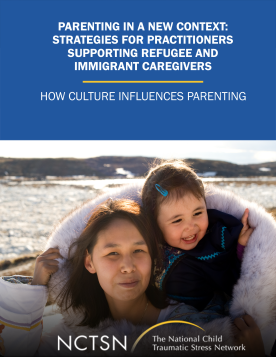
Discusses important topics for providers relevant for working with refugee and immigrant caregivers, with the goal of enhancing mental health providers’ and family therapy practitioners’ ability to effectively engage, serve, and support refugee and immigrant caregivers.
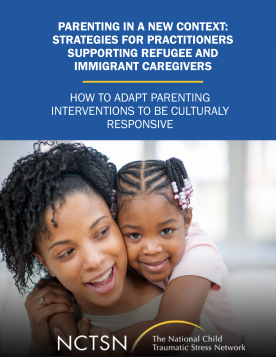
Discusses important topics for providers relevant for working with refugee and immigrant caregivers, with the goal of enhancing mental health providers’ and family therapy practitioners’ ability to effectively engage, serve, and support refugee and immigrant caregivers.

Discusses important topics for providers relevant for working with refugee and immigrant caregivers, with the goal of enhancing mental health providers’ and family therapy practitioners’ ability to effectively engage, serve, and support refugee and immigrant caregivers.
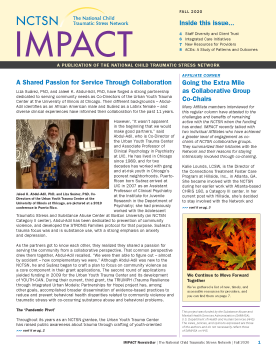
Gives you an inside look at the work done by individual and agency leaders.
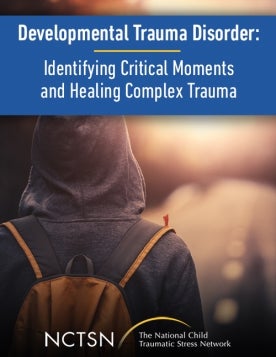
Describes the impact of chronic exposure to developmental trauma on young Black men...
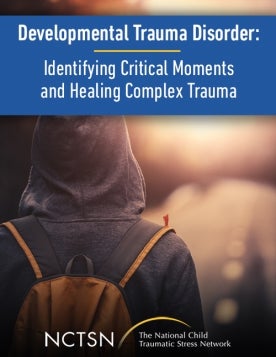
Features Andrew Woods, a clinician with over two decades of experience working with boys and men of color.
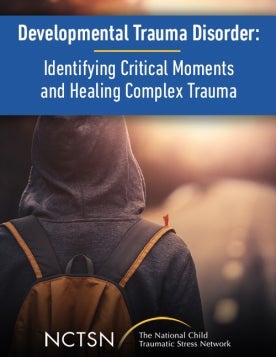
Presents five expert trauma therapists about their experiences and reflective processes while working with children and families who have experienced developmental trauma and come from complex backgrounds in terms of race, ethnicity, culture, and identity. In addition, Dr.
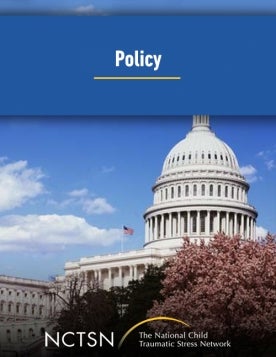
Explores trauma-informed, culturally-responsive strategies for serving separated children who have migrated to the US from countries in Latin America. They will discuss policies and practices relevant to the protection and best interests of unaccompanied and separated immigrant children.
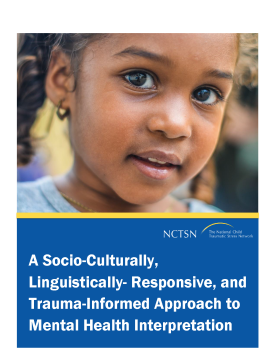
Provides mental health clinicians and professional interpreters with information about a trauma-informed approach to mental health interpretation that is socio-culturally and linguistically- responsive to the needs of children and families receiving services.